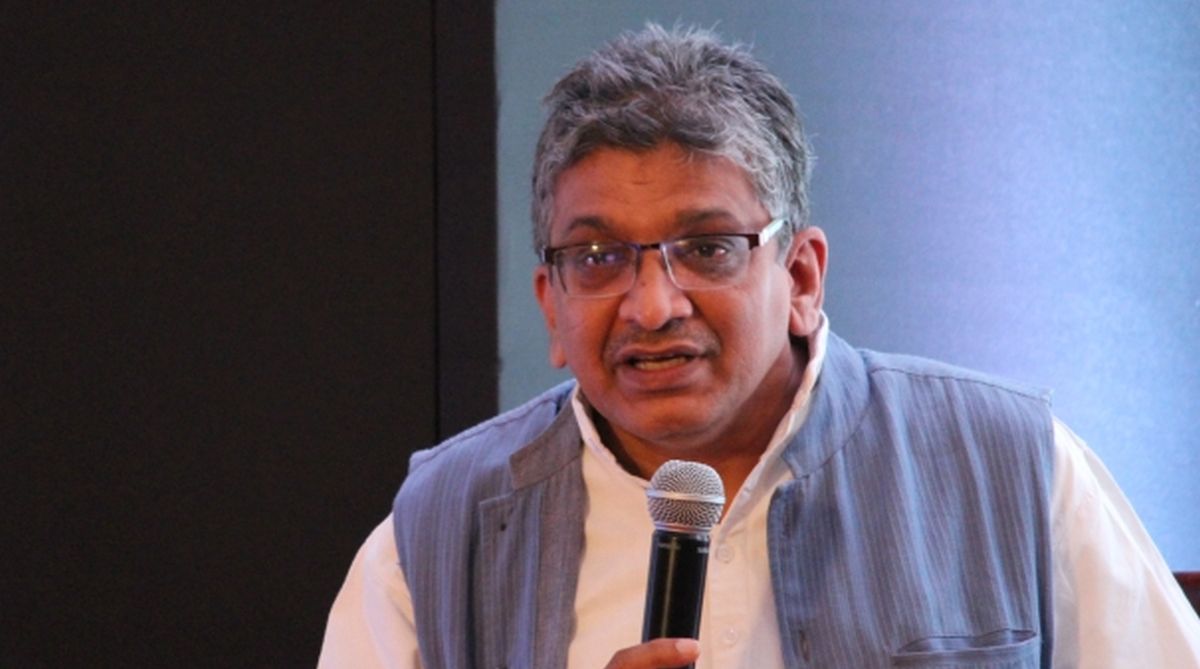Congress committing dacoity on rights of OBCs, SCs, STs: PM
“Wherever it (Congress) can do it, it will try to loot the claims of the SCs, STs and OBCs and give them to others,” said Modi.

Navaid Hamid.
The leaders of several leading Muslim bodies on Saturday cautiously welcomed the Law Commission’s stand on the Uniform Civil Code (UCC) ~ that it is “neither necessary nor desirable” in the country at this stage.
They however expressed their reservations over the Commission’s suggestions to amend certain personal laws.
The Law Commission spelt out its stand on the UCC in a consultation paper titled “Reform of Family Law” on the last day of its term on Friday.
Advertisement
Two years ago, the BJP-led government headed by Prime Minister Narendra Modi had asked the Law Commission to examine if it was time to bring in the UCC in the country. Subsequently, the Law Commission, headed by former Supreme Court judge Justice B S Chauhan, held consultations with various religious and ethnic groups and reached the conclusion that the UCC is “neither necessary nor desirable at this stage” in a vastly diverse country like India.
The Commission, however, suggested measures in marriage and divorce in personal laws to end gender discrimination.
Commenting on the Commission’s views, the All India Muslim Majlis-e- Mushawarat (AIMMM), the apex forum of over a dozen Muslim bodies, said it was “heartening” that the law panel realised the “danger of the Uniform Civil Code in a pluralistic country like India”.
AIMMM president Navaid Hamid said, “The Law Commission rightly observed that UCC demand is far from reality. It is against the ethos of the Constitution.” Describing the UCC an “agenda of right-wing forces”, Hamid castigated the BJP and a section of media for “cornering the Muslim community” on the issue as part of their “nefarious political motive”.
Hamid, however, raised apprehensions on the Commission’s recommendations to amend personal laws to “end gender discrimination”. He charged that it was “self-contradictory” and seemed to be allegedly aimed solely at the Muslim community.
“Such recommendations show biased, communal approach and mocks the Commission’s own submission calling for safeguarding the personal laws,” Hamid alleged, claiming the panel has thus “tried to intrude into the personal laws of the largest religious minority”.
Senior All India Muslim Personal Law Board (AIMPLB) member Zafaryab Jilani said the Law Commission’s recommendation to make some change in personal laws was “unacceptable”.
“We know UCC is unimplementable for 100 years to come. But our concerns is our personal law. We cannot tweak it at will as it is based on Quranic injunctions and the Hadith,” Jilani said. He charged that the UCC was a “futile exercise aimed at intimidating minorities”.
The Jamaat-e-Islami Hind ( JIH) welcomed the Commission’s position on the UCC, saying the “impracticability” of any such law in a country with multiple faiths and cultures is evident. JIH’s secretary general Muhammad Salim Engineer said: “We welcome the Law Commission’s assertion that a Uniform Civil Code is neither necessary nor desirable. However we do not favour any changes and reforms in the personal law as suggested by the panel.”
JIH president Maulana Jalaluddin Umri, who is also the vice-president of the AIMPLB, said, “The Law Commission had invited us a couple of times to know our views on possible changes in the personal laws. We gave clarifications on the issues, prominently pertaining to family laws, and made it clear that the Islamic laws cannot be tampered with.” Umri said he had told the Commission that the UCC was an “unnecessary thing” and that it would be “unacceptable to every faith group”.
Advertisement